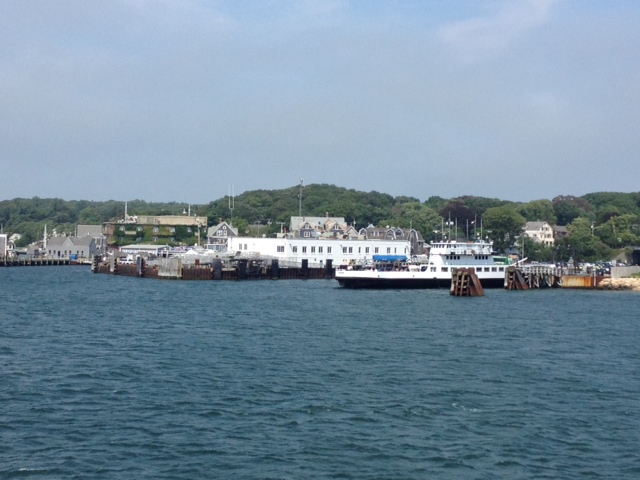Travel writing in the 21st century is dynamic yet structured as it provides answers to the age old questions about people, their customs, religion, culture, government, food and language. What makes 21st century travel writing dynamic is the types of media used to disseminate information. As opposed to traditional publications including books and magazines, the advent of the worldwide web has made travel writing instantaneous. Nowadays, a professional or amateur travel writer can write copy and post a photo to numerous social media sites including blogs. One can be in Hawaii today and Australia tomorrow and document their journey with words and photos for all the world to see.
Prior to reading the topics this week, I always thought that travel writing was purely entertainment. I would read travel publications to select a destination and obtain information for fun things to do when I arrived at my destination of choice. Since reading the travel writing theories on ethnography and ethnology, I have developed a newfound appreciation for travel writing.
I’ve always been intrigued about different cultures and interested in learning more about their customs, religion, food and language but never knew that my interests stemmed from Ethnography and Ethnology. According to Joan Rubies, European travel writing was largely shaped by ethnography in the 16th century and in the 19th century, the academic discourse of ethnology (the comparison, classification and documentation of historical lineage) was adopted.
Due to these early influences, I have a better understanding of the evolution of travel writing as a discourse. Similar to how Journalists asks the 5W’s during interviews to present a complete story, travel articles include standard information that readers expect.
As a new blogger, I can utilize my life experiences to document my travels and adventures in a manner that appeals to my readers. For me, life’s an adventure and my goal is to capture the interesting highlights about food, drink and travel that I experience along the way. To achieve this, I intend to blog about my hometown and destinations near and far. It is extremely important to me to share information about cheap tickets and traveling on a dime so that everyone will have an opportunity to realize travel for themselves. Some people feel that travel is out of reach due to limited finances but there are several local excursions that people can take to have an enjoyable vacation.
A little planning goes a long way to save money for your next vacation. Whether group travel or independent travel opportunities that are sought, planning ahead will allow the traveler to save money and/or participate in a payment plan to reduce the impact to the budget as the travel date arrives. I would like for my travel blog to serve as a resource for my followers to receive useful information that they can use when planning their next getaway.

I agree when you about lacking any previous knowledge about travel writing, except for enjoyment and entertainment. I guess it’s just not something that was on my radar until this class! And I love your point about planning a bit ahead. I read online about a pass that I could use for train and some bus travel in Wales and it save us LOADS of pounds all around.
I’m excited to read more of your posts about your discoveries of your hometown and other locations!
Alyssa
Hi Cynthia.
I like how you remind us that, compared to the travel writers we pour over the readings of, our writing can be instantaneous. In some ways I think it makes it harder, especially in deciding who our audience is. Imagine if the writers in teh 16th and 19th C were told about writing today. They’d flip!
Your comparison to the 5 Ws and expectations of writers in history is a good point. I think nowadays are formula for writing is more chaotic.
Looking forward to more posts!
Rhea
Hi Cynthia! First of all, I love the title and subtitle of your blog! Eat. Drink. Travel. Where is your hometown? I am looking forward to reading about it!
Thanks Kelly, I am from So Cal. I look forward to reading your blog too.
Amazing cover photo, by the way.
I’d never quite viewed travel writing as anything other than entertainment either – I often skipped travel writing that simply didn’t interest, mostly war and military-related writing because it was “too serious” – but I’ve begun to see, too, the value in the expanse that’s available, and that travel writing just isn’t always meant to entertain. The ethnographic background, while interesting, was not something I’d have categorized as straight up travel writing, which I had classified as more based on food, culture, etc. Clearly that definition of mine has changed.
Cynthia,
It would be interesting to know how some of this week’s readings influenced your changing perspectives on what travel writing is, and whether travel writing is an important facet of traveling – and what purpose it might serve to would-be travelers, since most travel writing reflects places most of us haven’t been to (yet). Did any of the readings surprise you; how did they affect your thinking? Was there any reading you found especially interesting? (It seems like the Runaway Jane blog has influenced some of your thinking.)